1. Anna Julia Cooper Was a Force of Nature in Education and Activism
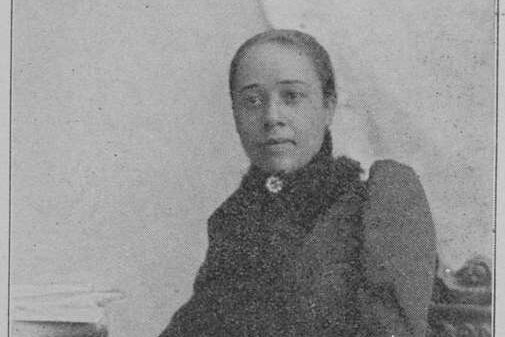
Anna Julia Cooper wasn’t just a scholar—she was a powerhouse who believed education was the key to Black women’s liberation. Born enslaved in 1858, she fought her way into higher education, earning degrees when people thought Black women had no business in academia. She attended Oberlin College and later became one of the first Black women to earn a Ph.D. from the University of Paris. Cooper wasn’t satisfied with just breaking barriers for herself—she wanted every Black woman to have the same opportunities. She spent years teaching at the prestigious M Street High School in Washington, D.C., and was known for pushing her students to aim higher than society allowed. Her 1892 book, A Voice from the South, was revolutionary, arguing that Black women’s voices were essential to social progress. She refused to be boxed in by the women’s suffrage movement, which often sidelined Black women. Instead, she tackled racism, sexism, and classism head-on says Columbia University.
Cooper didn’t just talk about change; she made it happen. She co-founded the Colored Women’s League of Washington and fought for better schools, job opportunities, and social services for Black communities. Even in her later years, she continued to advocate for Black women’s education, serving as president of Frelinghuysen University. She believed education was the most powerful weapon against oppression, and she lived that belief until she passed at 105 years old. She saw generations of Black women rise, and she knew she had played a role in their success. Despite her impact, her name often gets lost behind more famous figures. But make no mistake—Anna Julia Cooper laid the foundation for Black feminism as we know it. She knew that voting rights were important, but she also knew that real freedom meant having the power to shape one’s own future. That’s exactly what she fought for, every single day of her life.
2. Frances Ellen Watkins Harper Took on Slavery, Suffrage, and Civil Rights
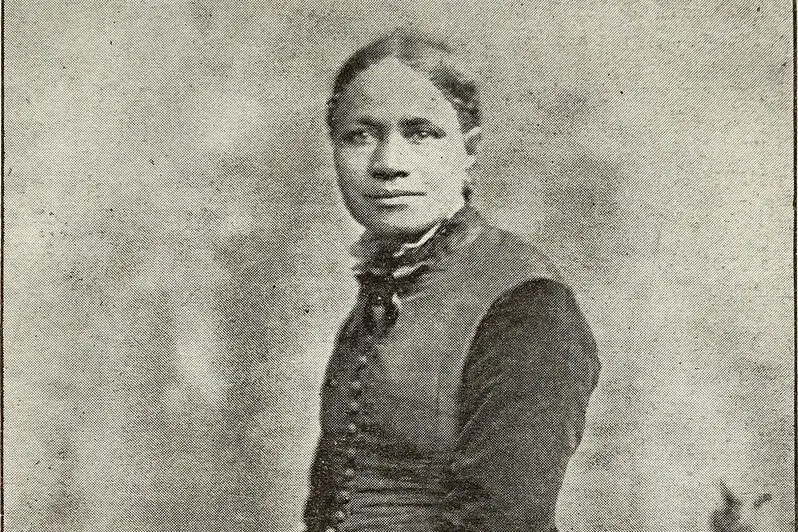
Frances Ellen Watkins Harper was a writer, speaker, and activist who refused to pick just one fight—she wanted justice on all fronts. Born free in 1825, she became one of the first Black women to publish a novel in the United States, using her writing to expose the horrors of slavery and racism. But Harper didn’t stop at literature—she was a fiery abolitionist who gave powerful speeches alongside Frederick Douglass and Sojourner Truth. When the Civil War ended, she turned her attention to voting rights, but she never let white suffragists forget that Black women had their own battles to fight. At the 1866 National Women’s Rights Convention, she boldly called out the racism in the movement, reminding white feminists that Black women had endured oppression on multiple levels. She refused to let them ignore the realities of racial injustice while pushing for their own rights explains National Women’s History Museum.
Harper believed in practical activism, not just speeches and protests. She co-founded the National Association of Colored Women, an organization that fought for education, job training, and social welfare for Black communities. She also worked with the Women’s Christian Temperance Union, not just to fight alcohol abuse but to push for social reforms that would help Black families. Her activism was holistic—she believed that voting rights meant little if Black women were still struggling to survive. Harper spent her life fighting for justice in every way possible, from writing to organizing to speaking out in rooms where she wasn’t always welcome. Even as she aged, she never slowed down, dedicating her final years to mentoring younger activists. Her legacy is one of courage, persistence, and an unshakable belief that Black women deserved more than just a voice at the ballot box.
3. Mary Church Terrell Fought for Equality Everywhere She Went
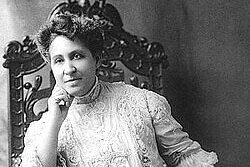
Mary Church Terrell wasn’t content with fighting just one battle—she took on racism, sexism, and economic injustice all at once. Born in 1863 to formerly enslaved parents who became wealthy entrepreneurs, she had access to education that many Black women didn’t. She earned a degree from Oberlin College, making her one of the first Black women in the U.S. to graduate with a college degree. But she didn’t use her privilege to separate herself—she used it to uplift others adds Wikipedia. Terrell was one of the founding members of the National Association of Colored Women, and she coined their powerful motto: “Lifting as we climb.” She understood that Black women weren’t just fighting for votes; they were fighting for dignity, education, and economic independence. She also worked closely with W.E.B. Du Bois to co-found the NAACP, ensuring that civil rights remained a national priority.
Terrell was relentless in her activism, never backing down from a fight. She took on segregation in Washington, D.C., organizing protests and boycotts against racist businesses. Even in her 80s, she was on the front lines, demanding change when many would have retired. She understood that true equality meant more than just legal rights—it meant real opportunities for Black women in every aspect of life. She fought for better schools, fair wages, and access to public spaces, knowing that voting alone wouldn’t solve systemic oppression. Her work paved the way for future generations of activists who would continue her fight. Despite her many contributions, she is often overshadowed by male leaders of the time. But without Mary Church Terrell, the fight for civil rights would have been missing a crucial voice. She never stopped pushing for justice, proving that Black feminism was about so much more than just the right to vote.
4. Ida B. Wells Took on Lynching and Didn’t Back Down
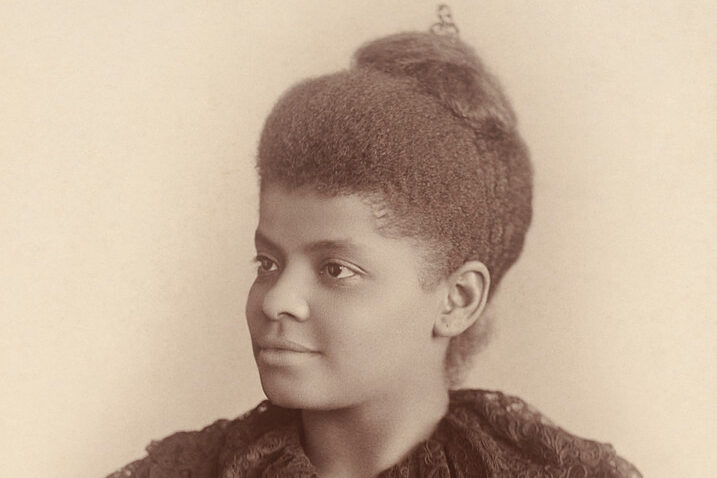
Ida B. Wells was a fearless journalist, activist, and anti-lynching crusader who refused to stay silent in the face of injustice. Born into slavery in 1862, she became one of the most outspoken Black women of her time. She started her career as a teacher but soon found her true calling in journalism, using her writing to expose the brutal realities of racism in America. After three of her friends were lynched in Memphis, she launched a groundbreaking investigation into the widespread violence against Black men. Her reporting was so damning that white mobs destroyed her newspaper office and forced her to flee to the North for safety. But instead of being silenced, she became even louder, traveling across the U.S. and Europe to spread awareness about the horrors of lynching.
Wells was also deeply involved in the fight for women’s rights, but she often clashed with white suffragists who ignored racism. At the 1913 Women’s Suffrage Parade in Washington, D.C., organizers tried to make her march in the back to appease Southern women. She refused, boldly stepping into the front of the Illinois delegation and proving that Black women wouldn’t be pushed aside. She later co-founded the Alpha Suffrage Club, ensuring that Black women had political power in Chicago. But Wells knew that voting rights alone wouldn’t protect Black lives, which is why she spent decades pushing for federal anti-lynching laws. She fought until her last breath, never letting fear stop her from demanding justice. Her legacy is one of courage, resilience, and an unwavering belief that justice had to be for everyone—not just the privileged few.
5. Fannie Barrier Williams Fought for Black Women in Every Space
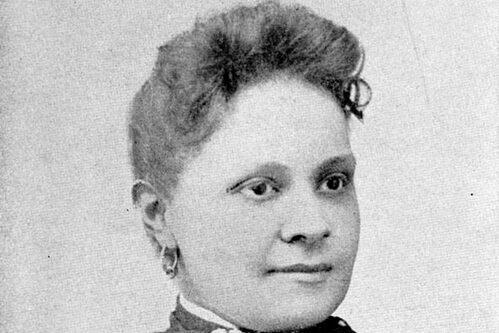
Fannie Barrier Williams was a trailblazer who broke barriers in education, politics, and social reform. Born in 1855, she became one of the first Black women to enroll at the New England Conservatory of Music, later shifting her focus to teaching and activism. She spent years fighting for Black women’s inclusion in mainstream women’s organizations, refusing to let them be ignored. At the 1893 World’s Columbian Exposition in Chicago, she was one of the few Black speakers, using her platform to highlight the struggles of Black women in America. She worked tirelessly to secure jobs, education, and political representation for Black communities, understanding that progress had to happen on multiple fronts.
Williams wasn’t just about speeches—she was about action. She co-founded the National League of Colored Women and worked closely with suffragist groups to ensure Black women weren’t left behind. She also fought for Black representation in Chicago’s political and civic institutions, believing that real power came from having a seat at the table. Even as she faced racism within the women’s movement, she never backed down. She pushed for changes in employment, healthcare, and legal rights, knowing that true equality meant more than just casting a ballot. Her work laid the groundwork for future generations of Black feminists who would continue the fight she started. Though her name isn’t always remembered, her impact shaped the course of history in ways that still matter today.
